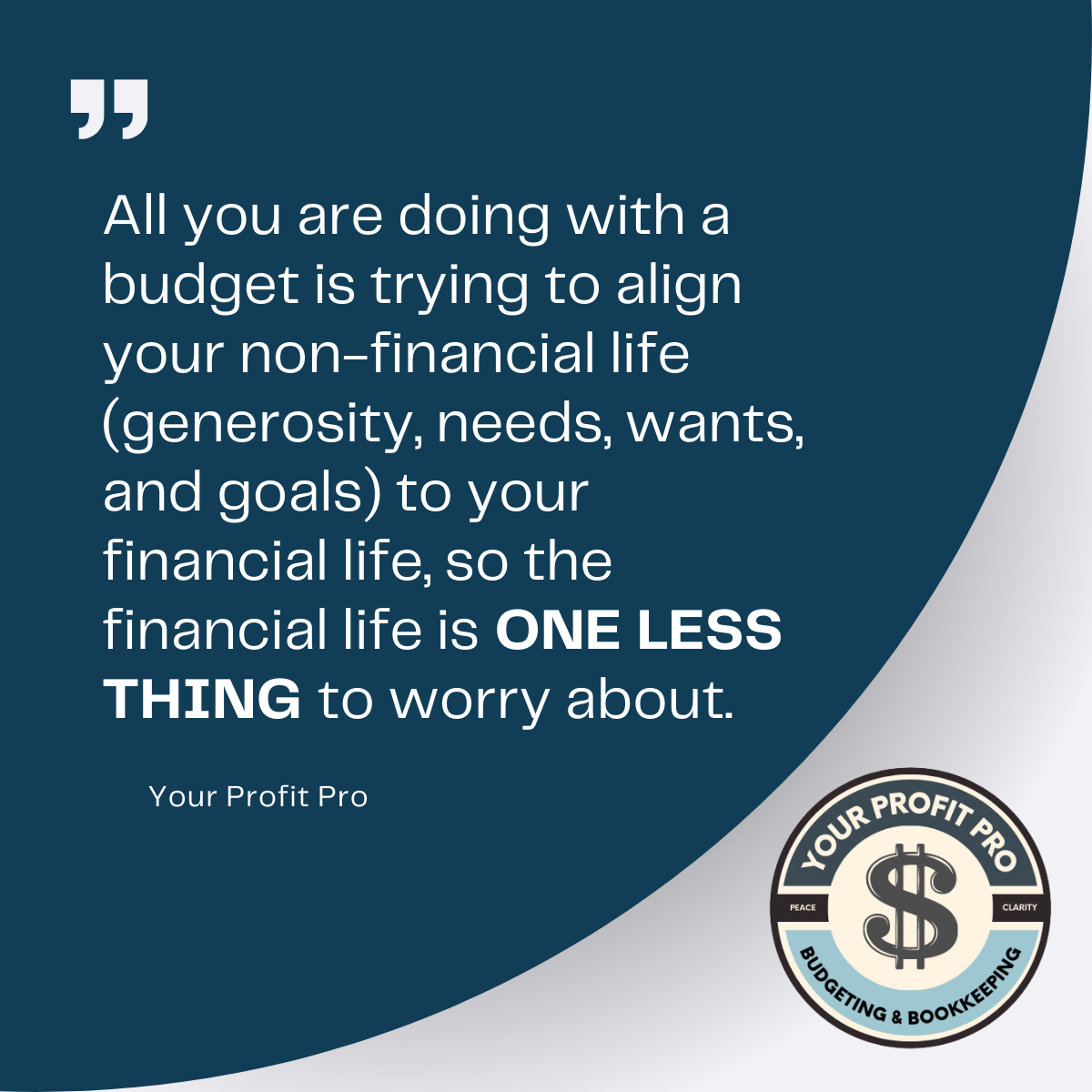Freedom to Spend

Are you a SAVER or a SPENDER?
In personal finance, we often label people as one or the other. This doesn't mean you spend or save everything, but you have a natural inclination towards one or the other. This tendency is usually developed early in life and is ingrained by adulthood.
(Do I have you thinking?)
I am a saver. (My wife is a spender and we have been happily married for 26 years!) I will share some insights into how I've learned to spend as my life has progressed. If you're also a saver, this will help you feel more comfortable parting with your money when it makes sense.
Learning to spend is a skill that has grown since I began budgeting. A budget is useless. I believe that actively engaging in the practice of budgeting (not just creating a budget) has given me the freedom to spend. By understanding the zero-sum game of my money, my family and I can make informed, responsible, and sometimes fun financial decisions.
As I write this post in June of 2023, our family has been spending money faster than we have in quite some time. Many money-sucking events are happening all at once, and (if you are a natural saver), you know how stressful that can be!
But don't worry, savers, there is hope! You set yourself free when you have a budget and make budgeting a habit.
I love what one of my YNAB Budget Coaching Certification Course teachers said: "All dollars are spending dollars, and all dollars are savings dollars." This means every dollar we earn is both spent AND saved at some point under our stewardship. When we receive a new dollar, we're saving it to be spent at some point in the future -- whether four hours or four years from now. Eventually, that dollar will do the job we assign and leave our possession.
When we adopt this mindset, we shift our perspective on budgeting and make the most of our money. By reviewing our budget frequently and assigning new income into categories as soon as it arrives, we better allocate our money towards our goals and priorities as they change throughout our lives.

Practical Tips For Savers
- Use YNABs Rule 2 to embrace all your true (infrequent and non-monthly) expenses. The more you practice budgeting, the more dialed in your knowledge and tracking of these things in your life becomes. You will eliminate all (or at least most) surprises!
- Keep an emergency fund above and beyond your various categories of true expenses. This can be very useful in cases of variable income or a loss of income completely. Budgeting into future months is also another way to view your emergency fund. When you give your money jobs to do in future months, you put that same space between you and the life the emergency fund gives you. YNAB makes this practice a breeze. If you want to nerd out on whether an emergency fund or funding future expenses is more important, check out this discussion.
- Your category balances in YNAB are there to be used! This is where I have experienced the most growth in my personal use of YNAB. By deciding on every dollar as soon as it arrives in our bank account, I have written down exactly what I trust those dollars to do in our lives. This could mean paying for groceries this month, giving more to church or charity, saving for a child's education in three years, doing a home renovation in four years, or saving for retirement in 20 years. With each new dollar, you have given it a specific assignment.
- When using YNAB, you should review your categories whenever you receive new money. This frequency allows you to trust category balances more and all the various jobs you have assigned to your money.
- All you are doing with a budget is trying to align your non-financial life (generosity, needs, wants, and goals) to your financial life, so the financial life is ONE LESS THING to worry about.
Regarding our family budget, we've been using YNAB for several years. Thank goodness, because many of our savings dollars have come in handy - (especially since we’ve been spending a lot of money lately! ). If we spent these dollars based on our bank balance, my stress levels would be through the roof. However, because we've defined our spending categories well in advance, we can spend with much less stress, knowing that all our other areas of life are still covered.
In just the past TWO months the following expenses occurred:
- House projects we have saved years for (our backyard makeover with pool and landscaping)
- Other key house repairs
- New tires
- Matching our son’s savings goal to help him buy his first car (he budgeted his money well too!)
- Two graduations and a nice party for both our graduates. My daughter finished her undergrad, and my son finished high school.
- Maintaining our after-tax investment strategy in the midst of it all.
I’ve been reflecting a lot. Things wear out, children grow up, and life changes. It's important to save for the future of your house, your vehicle's safety, your children's well-being, and your own future. If you are a natural saver and have done those things well, you can trust your budget categories and be free to let go of the money even if the spending happens all at once. This is mindful stewardship!
If you want to talk about how you can obtain similar freedom with your finances, book a free consult today!
